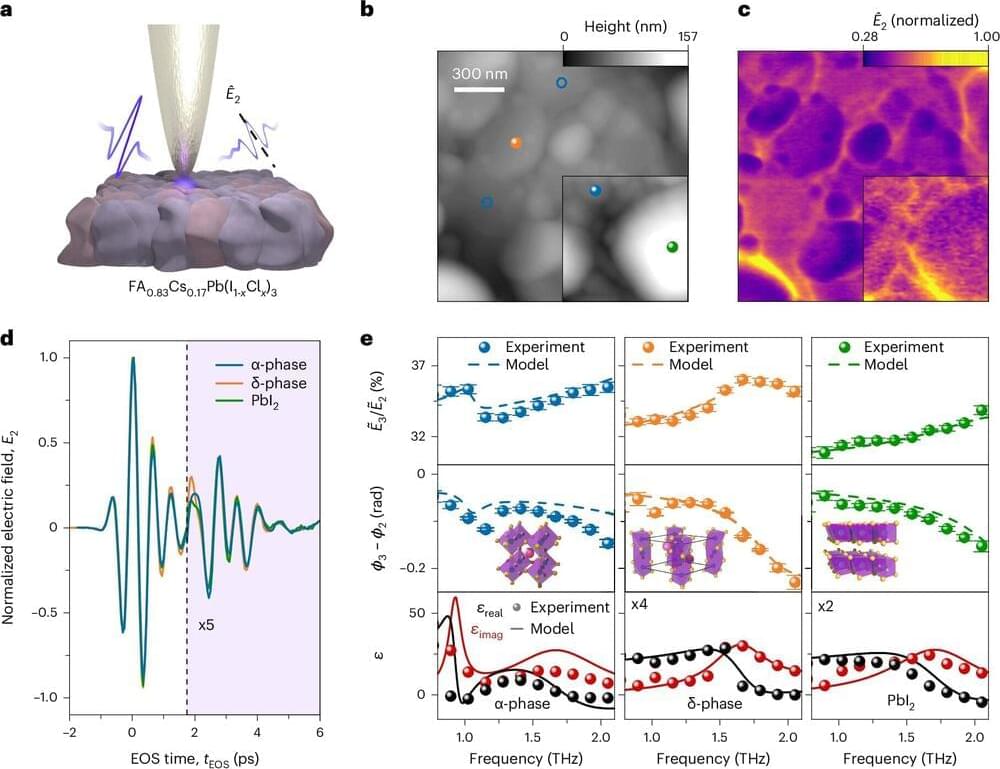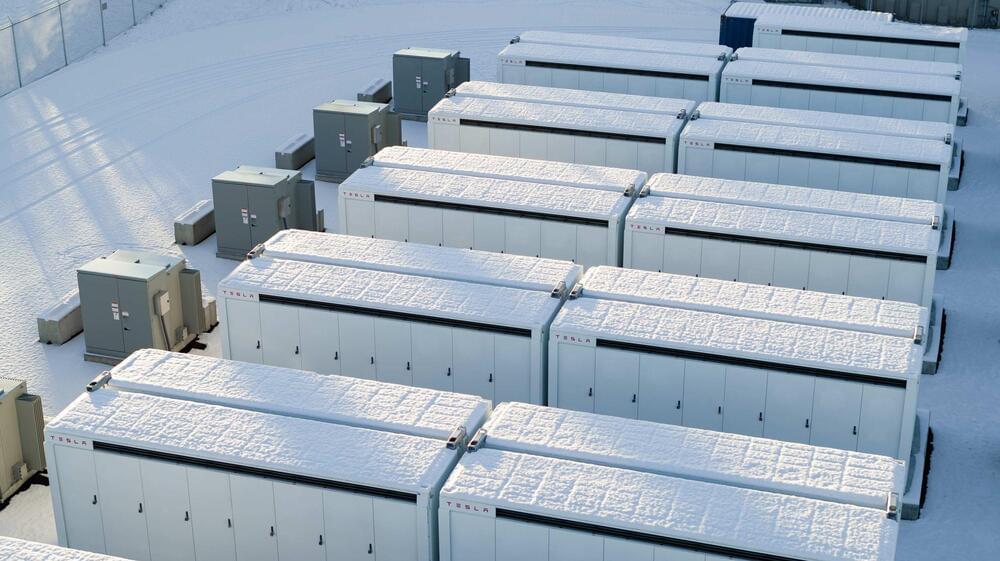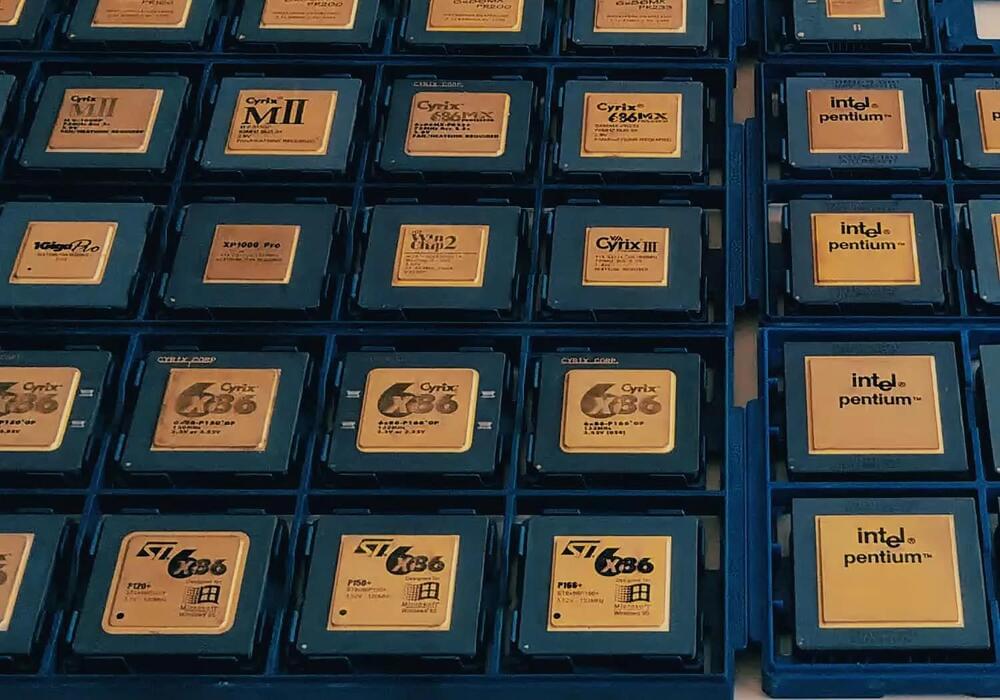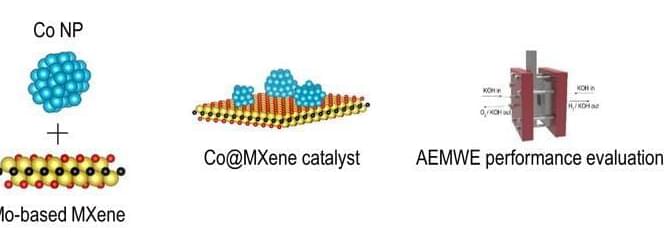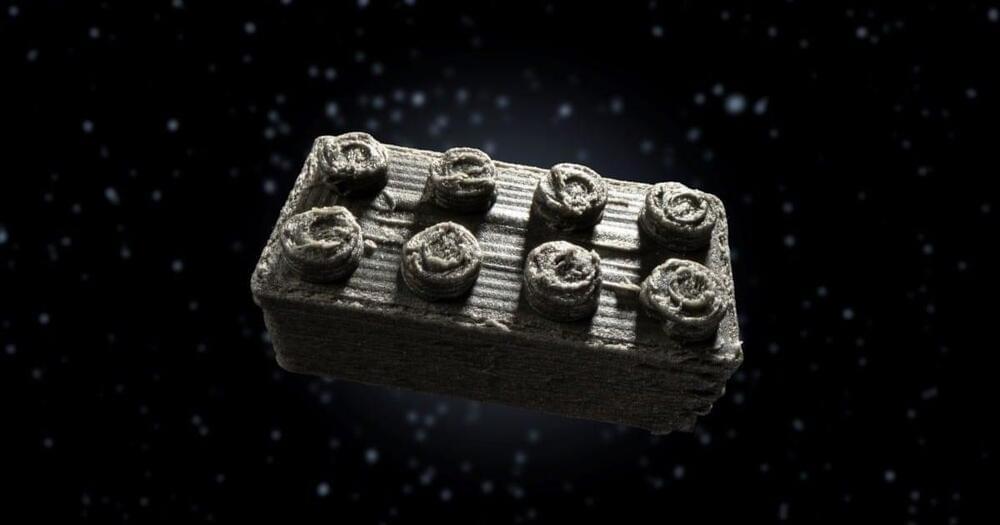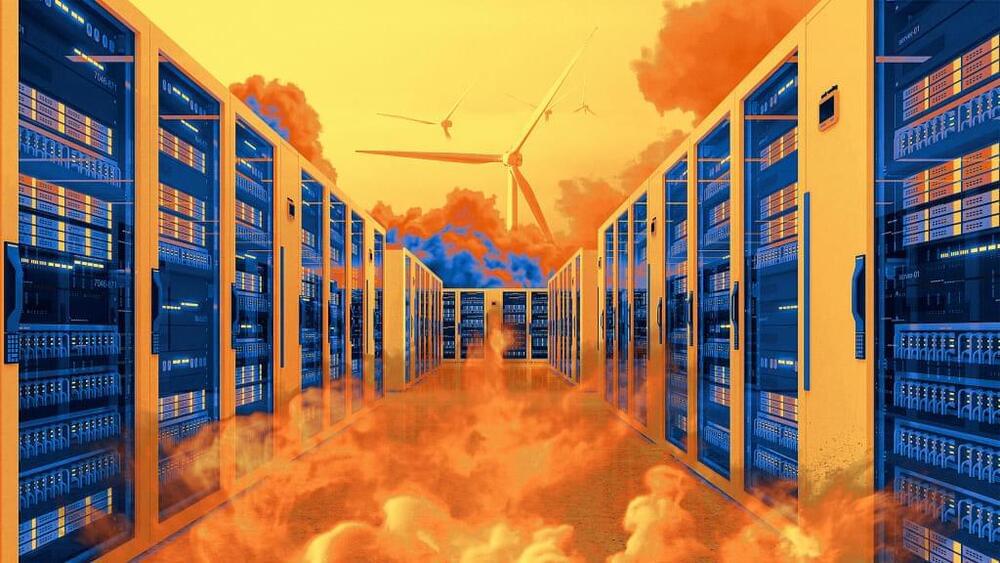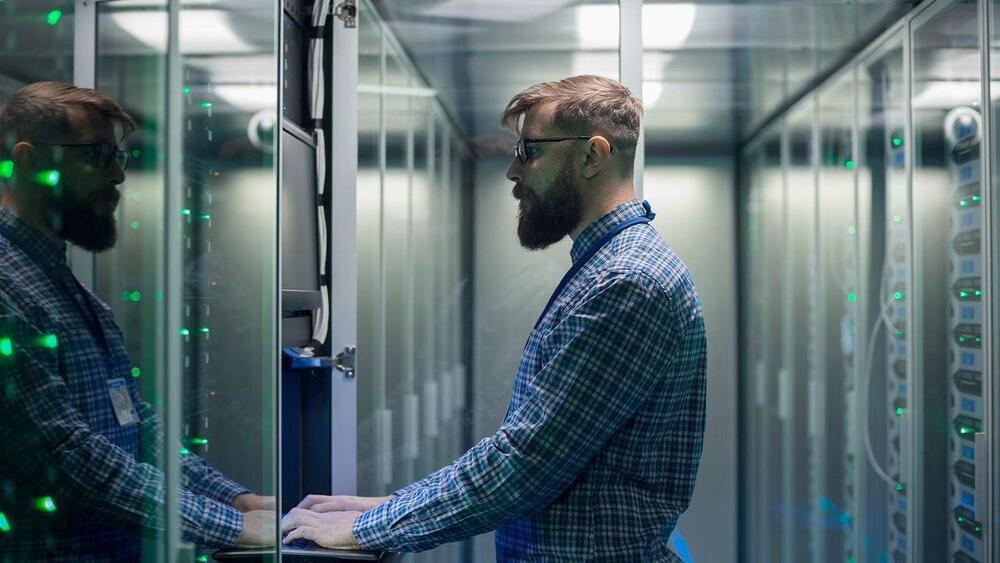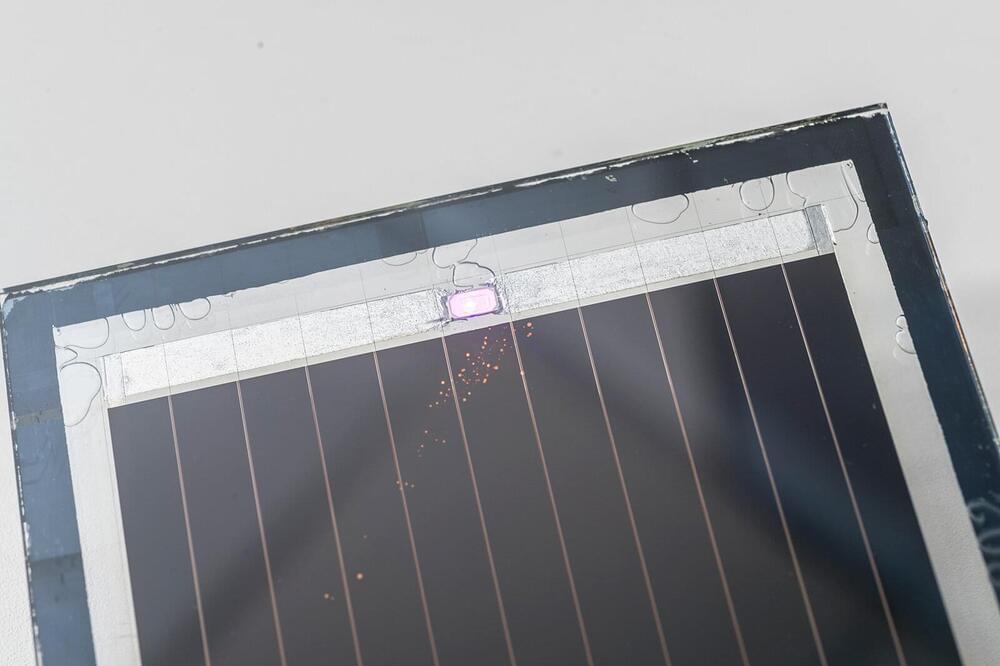In 2023, Google and Microsoft each consumed 24 TWh of electricity, surpassing the consumption of over 100 nations, including places like Iceland, Ghana, and Tunisia, according to an analysis by Michael Thomas. While massive energy usage means a substantial environmental impact for these tech giants, it should be noted that Google and Microsoft also generate more money than many countries. Furthermore, companies like Intel, Google, and Microsoft lead renewable energy adoption within the industry.
Detailed analysis reveals that Google’s and Microsoft’s electricity consumption — 24 TWh in 2023 — equals the power consumption of Azerbaijan (a nation of 10.14 million) and is higher than that of several other countries. For instance, Iceland, Ghana, the Dominican Republic, and Tunisia each consumed 19 TWh, while Jordan consumed 20 TWh. Of course, some countries consume more power than Google and Microsoft. For example, Slovakia, a country with 5.4 million inhabitants, consumes 26 TWh.
